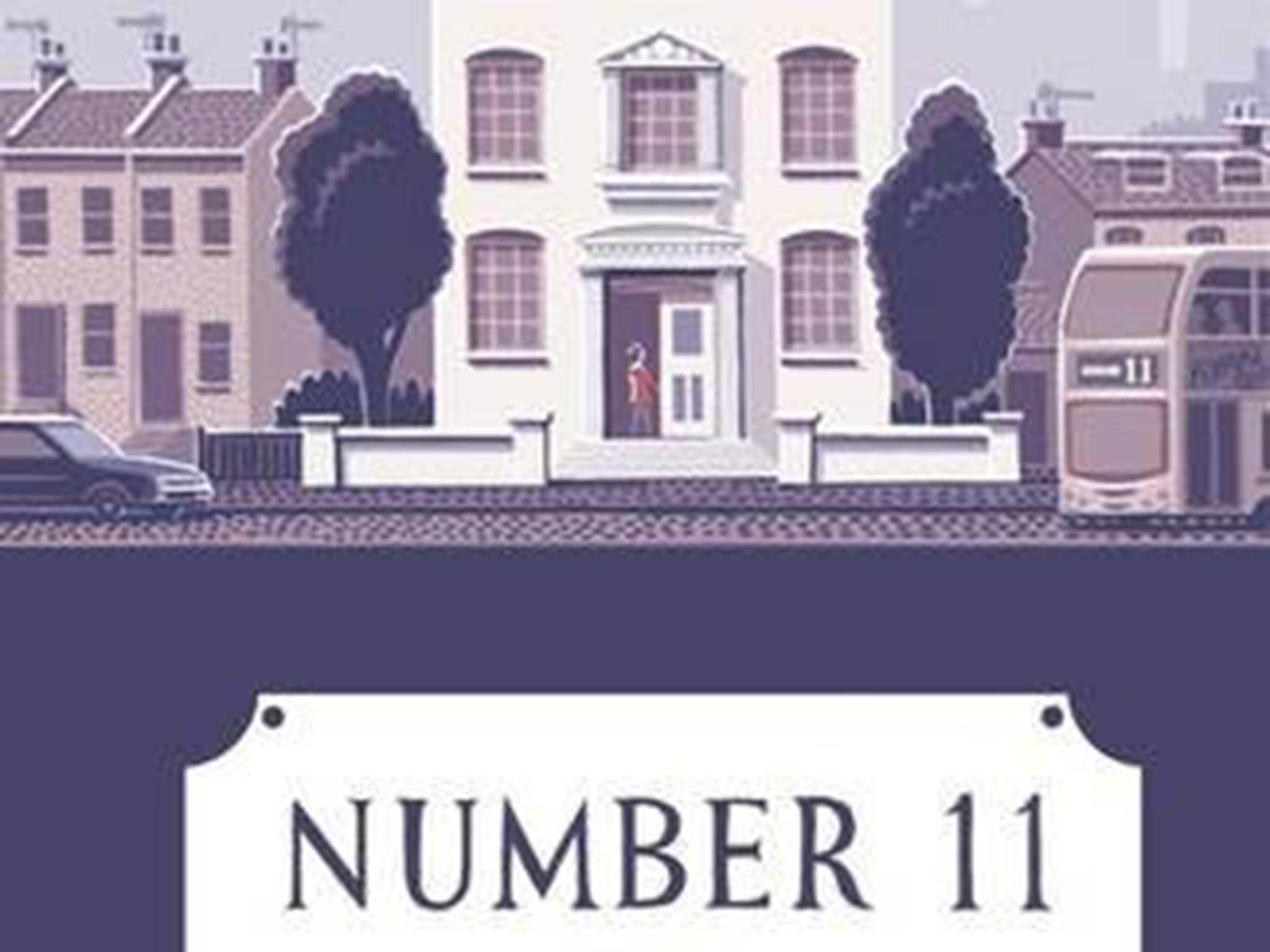Jonathan Coe Number 11: 'Slating the obvious' - book review

Your support helps us to tell the story
From reproductive rights to climate change to Big Tech, The Independent is on the ground when the story is developing. Whether it's investigating the financials of Elon Musk's pro-Trump PAC or producing our latest documentary, 'The A Word', which shines a light on the American women fighting for reproductive rights, we know how important it is to parse out the facts from the messaging.
At such a critical moment in US history, we need reporters on the ground. Your donation allows us to keep sending journalists to speak to both sides of the story.
The Independent is trusted by Americans across the entire political spectrum. And unlike many other quality news outlets, we choose not to lock Americans out of our reporting and analysis with paywalls. We believe quality journalism should be available to everyone, paid for by those who can afford it.
Your support makes all the difference.Midway through Jonathan Coe’s latest novel, we are treated to an in-joke, in the form of a brief note from an academic specialising in obscure film. “What a Whopper … Sequel to What a Carve Up!? Not really. Two of the same actors.”
Just as those two films featured Sid James and Adam Faith, so Number 11 features two members of the unscrupulous Winshaws, the family that formed the backbone of Coe’s celebrated 1994 novel What a Carve Up!
A further annotation follows from the don – an idea that he has had for an “academic masterpiece”: “Sequels which are not really sequels. Sequels where the relationship to the original is oblique, slippery.”
Is the novels’ relationship so oblique? Not really – both are state-of-the-nation addresses. But whereas What a Carve Up! was a damning critique of Thatcherism and powerful interest groups, Number 11 is its indifferent nephew, a perfunctory patchwork of grievances against regimes from Blair to Cameron.

It is a great shame, because the opening promises much, introducing nine-year-old Rachel in a captivatingly gothic tale. Ensuing chapters return to Rachel – and those she knows – later in life, but with diminishing returns.
Food banks, the vacuousness of modern celebrity, the skewed reality of reality TV, tabloid columnists’ dyspeptic rants, library closures, basement conversions, social-media bullying – all are present, yet paraded in such a well-worn, obvious manner that they come across as banal. For example, as one character spends a couple of hours on a bus, to escape the cold of home, “she couldn’t help thinking about the traders and fund managers whose activities had brought the banks to the brink of collapse: were many of them, she wondered, being careful to keep their radiators turned down to 2? It didn’t seem very likely.”
Elsewhere, it feels as though Coe has been dropped into the 21st century and is rather astonished by what he has found, and assumes his readers will be, too.
The Number 11 of the title recurs throughout, and refers also to the fact that this is Coe’s 11th novel, but while the Chancellor’s residence has a part to play in the plot, it feels more tricksy motif than integral theme and, ultimately, this take on the moral bankruptcy of modern Britain is let down by being too obvious, both in its targets and in their subsequent takedown.
Number 11, by Jonathan Coe. Published by Viking £16.99
Join our commenting forum
Join thought-provoking conversations, follow other Independent readers and see their replies
Comments